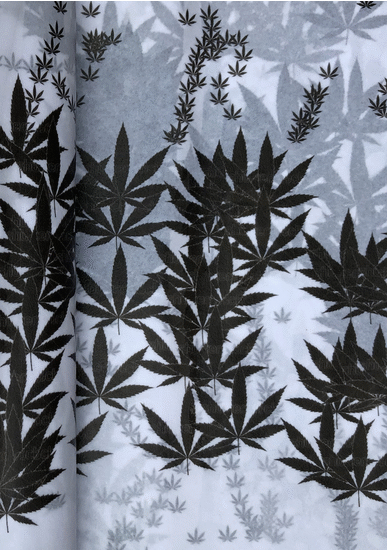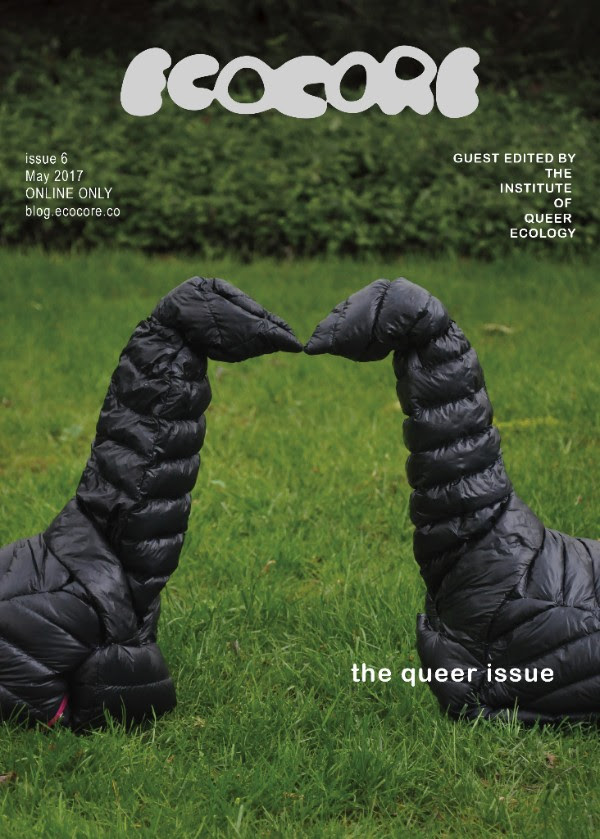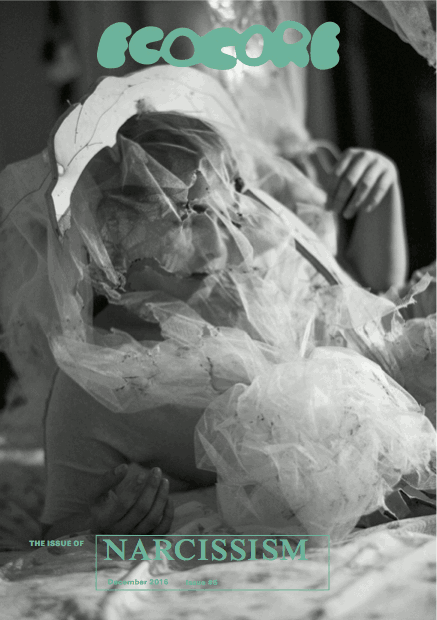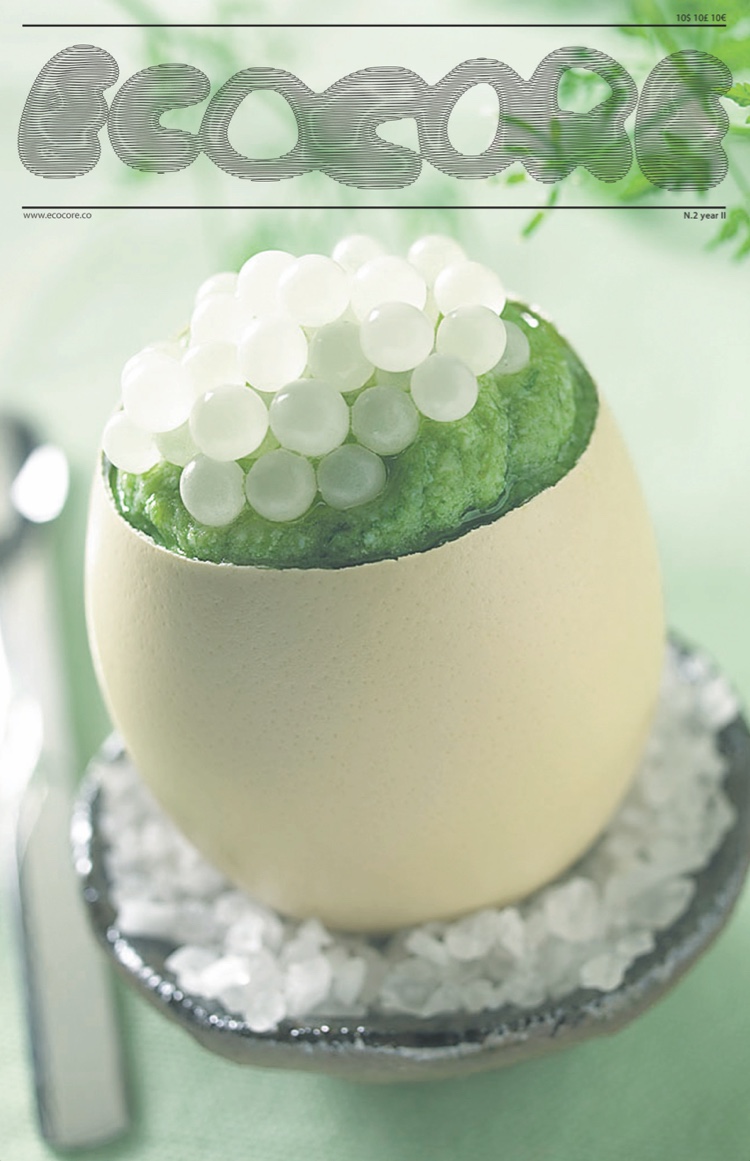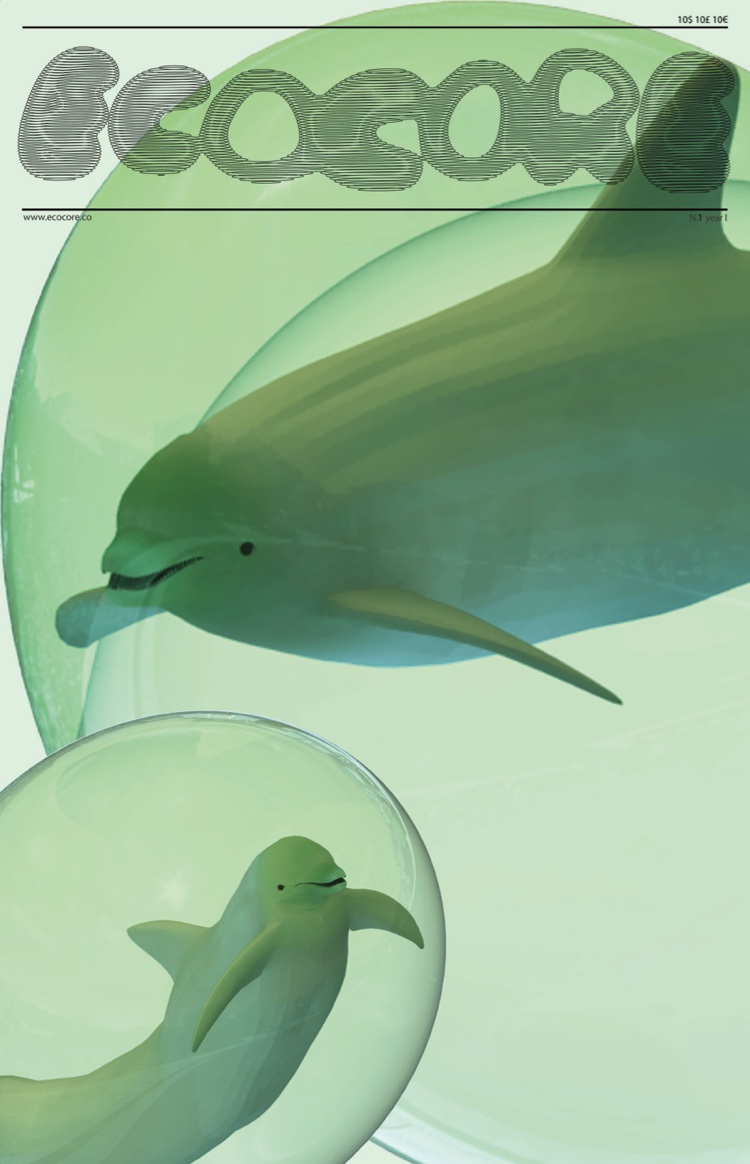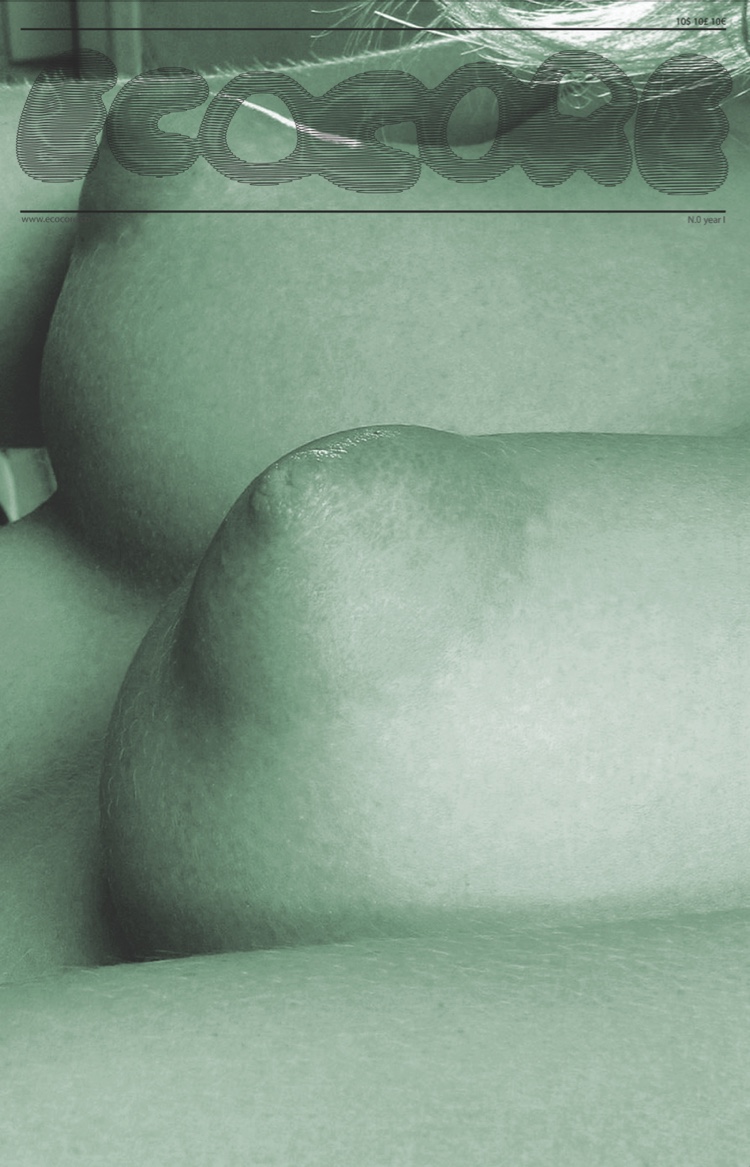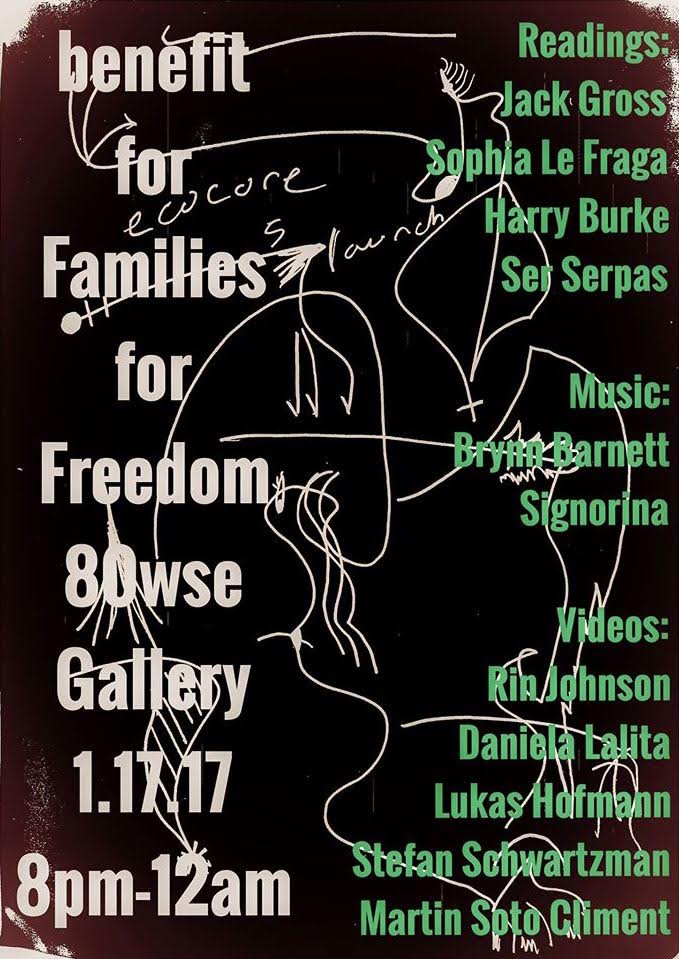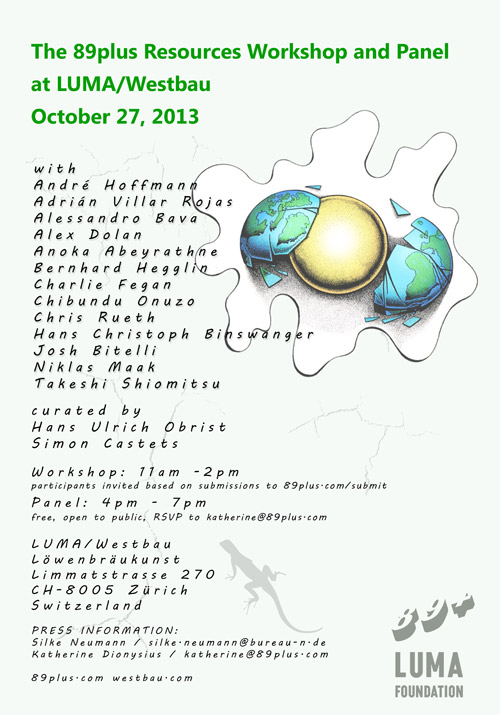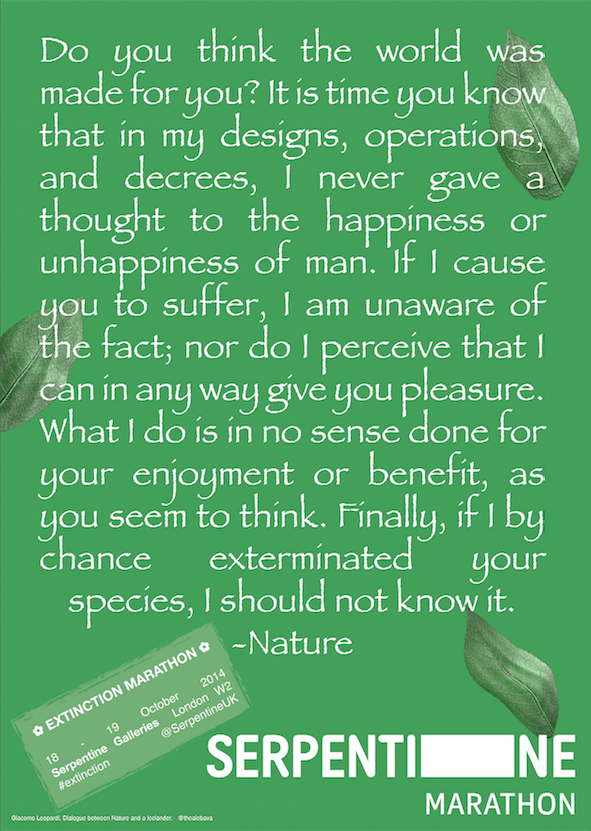Issue VII
Cannabis
If the high didn’t solve whatever it was that was getting you down, it could at least help you laugh at the world’s ongoing folly and see through all the hypocrisy and bullshit and cheap moralism.
— Barack Obama, Dreams from My Father [...]
It’s the 70s again; political apocalypse and flower power. As bodies despair at digitalisation and its alienation there is a pitch into eden fever, downloading Shazam for plants and foraging for remedies. Bedrooms smell of palo santo, jasmine oil, organic cannabis again. When they go low, we get high.
Hemp is a magical and sacred plant with myriad uses; it’s heralded as a shamanic healing plant, with cannabinoids (aka “miracle molecules”) and their synergistic euphoriant effects. THC is analgesic, anti-emetic, anti-proliferative, antioxidant. CBD is neuroprotective; it alleviates cramps, inflammation, cough, nausea, anxiety, inhibits growth of certain cancer cells, eases pain and reduces inflammation. cannabis is medicine. Some esteem it as an industrial dream for its sustainability and processing potential. But Mother nature provides where ‘mother’ is a verb. We must take care to get care, plants heal when tended to.
Cannabis culture, its legalisation and its integration into polite society produces a politics of race, class and health that runs the risk of rebranding cannabis use as chic, white, and tripping into anarchically appropriative new age culture. The history of its classification was always racialized; indeed the origin of the word ‘marijuana’ was Harry Anslinger’s attempt to create an association with the Latino community, in particular accusation of Mexican labourers. With its move away from radicalised social contingents - no longer bearing strict association with rastafarian devotees/politicised left wing hippies - there comes a shift in its aesthetics.
The gentrification of what was once conceived as a socially dangerous substance brings a technology of drug use, convoluted paraphernalia, smoking as lifestyle choice, it becomes part of the fabric of wellness, produces cannabis connoisseurs. As with all codified rituals that shift from rebellious to kosher you see a displacement of vernacular, context and narrative. Whether weed’s particular alchemy develops a legible cultural signification beyond Rihanna's smoking glamorisation remains in development. Weed as sexy/weed as medical.
Hemp may be a useful, artistic, healing, inspiring herb – one among many psychoactive plants. A relationship with hemp, as with all relationships may involve a negotiation between respect and abuse, pleasure and discomfort, or expansion and contraction. It can be put to earnest spiritual/psychonautic use, it can soothe, but it can also, because of its residual illegality, be yoked to the violent economics of drug trafficking. In a ritually purified state, though, it might have paradigmatic social consequences; a culture that worships alcohol has a different psyche to one that is hemp devout. In our steady retreat into nature we can choose which spirits we best commune with, alcoholic or herbal. Pick your poison, pick your medicine.
— Alessandro Bava and Rebecca Sharp
- Alessandro Mensi
- Benjamin Whitley
- Brett Lloyd
- Christopher Viaggio
- Daniel Espinoza
- Davide Stucchi
- Easyjoint
- Ella Plevin/Claude Gerber
- EM Rooney
- Forensic Architecture
- Gauntlett Cheng
- GMBH
- Herb Essentials
- Holly White
- Jack Gross
- Jakob Landvik
- Jared Madere
- Karl Holmqvist
- Kathryn Garcia
- Kulisek_Lieske
- Lara Joy Evans
- Lee Lozano
- Liam Den Hamer
- Lucy Chinen
- Matilde Cerruti Quara
- Megan Capps
- Michael Dean
- Naoki Sutter-Shudo
- Nik Kosmas
- Nonfood
- NO SESSO
- PHIPPS
- Pieter Jossa
- Rada Kozelj
- Reese-Rios
- Richard Kern
- Ruben Gutierrez
- Sara Grace Powell/Thistle Brown
- Stefan Schwartzman
- Studio Miessen
- Talk Hole
- Thomas Cao
- Veronica Gelbaum
- Veterans For Cannabis
- Whitney Mallett
